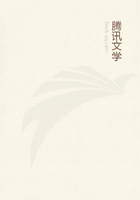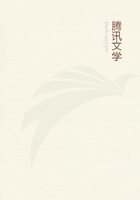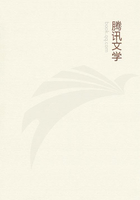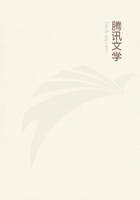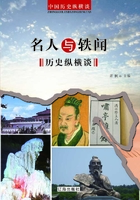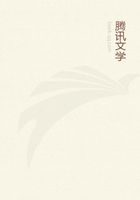Demonst. p. 62), and as such has no truth. This has in recent times been served up again by Schelling in the following form: In themselves, the intelligent world and the corporeal world are the same, only under different forms; so that the intelligent universe is in itself the whole absolute divine totality, and the corporeal universe is equally this same totality. The differences are not in themselves; but the different aspects from which the Absolute is regarded are matters external to it. We take a higher tone in saying that nature and mind are rational; but reason is for us no empty word, for it means the totality which develops itself within itself. Again, it is the standpoint of reflection to regard aspects only, and nothing in itself. This defect appears in Spinoza and Schelling in the fact that they see no necessity why the Notion, as the implicit negative of its unity, should make a separation of itself into different parts; so that out of the simple universal the real, the opposed, itself becomes known. Absolute substance, attribute and mode, Spinoza allows to follow one another as definitions, he adopts them ready-made, without the attributes being developed from the substance, or the modes from the attributes. And more especially in regard to the attributes, there is no necessity evident, why these are thought and extension in particular.
c. When Spinoza passes on to individual things, especially to self-consciousness, to the freedom of the 'I,' he expresses himself in such a way as rather to lead back all limitations to substance than to maintain a firm grasp of the individual. Thus we already found, the attributes not to be independent, but only the forms in which the understanding grasps substance in its differences;what comes third, the modes, is that under which for Spinoza all difference of things alone falls. Of the modes he says (Ethic. P. I. Prop. XXXII. Demonst. et Coroll. 11. p. 63): In every attribute there are two modes; in extension, these are rest and motion, in thought they are understanding and will (intellectus et voluntas). They are mere modifications which only exist for us apart from God; therefore whatever refers to this difference and is specially brought about by it, is not absolute, but finite. These affections Spinoza sums up (Ethices, P. I. Prop. XXIX. Schol. pp. 61, 62) under the head of natura naturata: “Natura naturans is God regarded as free cause, in so far as He is in Himself and is conceived by Himself: or such attributes of substance as express the eternal and infinite essence. By natura naturata, I understand all that follows from the necessity of the divine nature, or from any of the attributes of God, all modes of the divine attributes, in so far as they are regarded as things which are in God, and which without God can neither exist nor be conceived.” From God proceeds nothing, for all things merely return to the point whence they came, if from themselves the commencement is made.
These then are Spinoza's general forms, this is his principal idea. Some further determinations have still to be mentioned. He gives definitions of the terms modes, understanding, will, and of the affections, such as joy and sadness.(6) We further find consciousness taken into consideration. Its development is extremely simple, or rather it is not developed at all; Spinoza begins directly with mind. “The essence of man consists of certain modifications of the attributes of God”; these modifications are only something related to our understanding. “If we, therefore, say that the human mind perceives this or that, it means nothing else than that God has this or that idea, not in so far as He is infinite, but in so far as He is expressed by the idea of the human mind. And if we say that God has this or that idea, not in so far as He constitutes the idea of the human mind, but in so far as He has, along with the human mind, the idea of another thing, then we say that the human mind perceives the thing partially or inadequately.” Truth is for Spinoza, on the other hand, the adequate.(7) The idea that all particular content is only, a modification of God is ridiculed by Bayle,(8) who argues from it that God modified as Turks and Austrians, is waging war with Himself; but Bayle has not a trace of the speculative element in him, although he is acute enough as a dialectician, and has contributed to the intelligent discussion of definite subjects.

